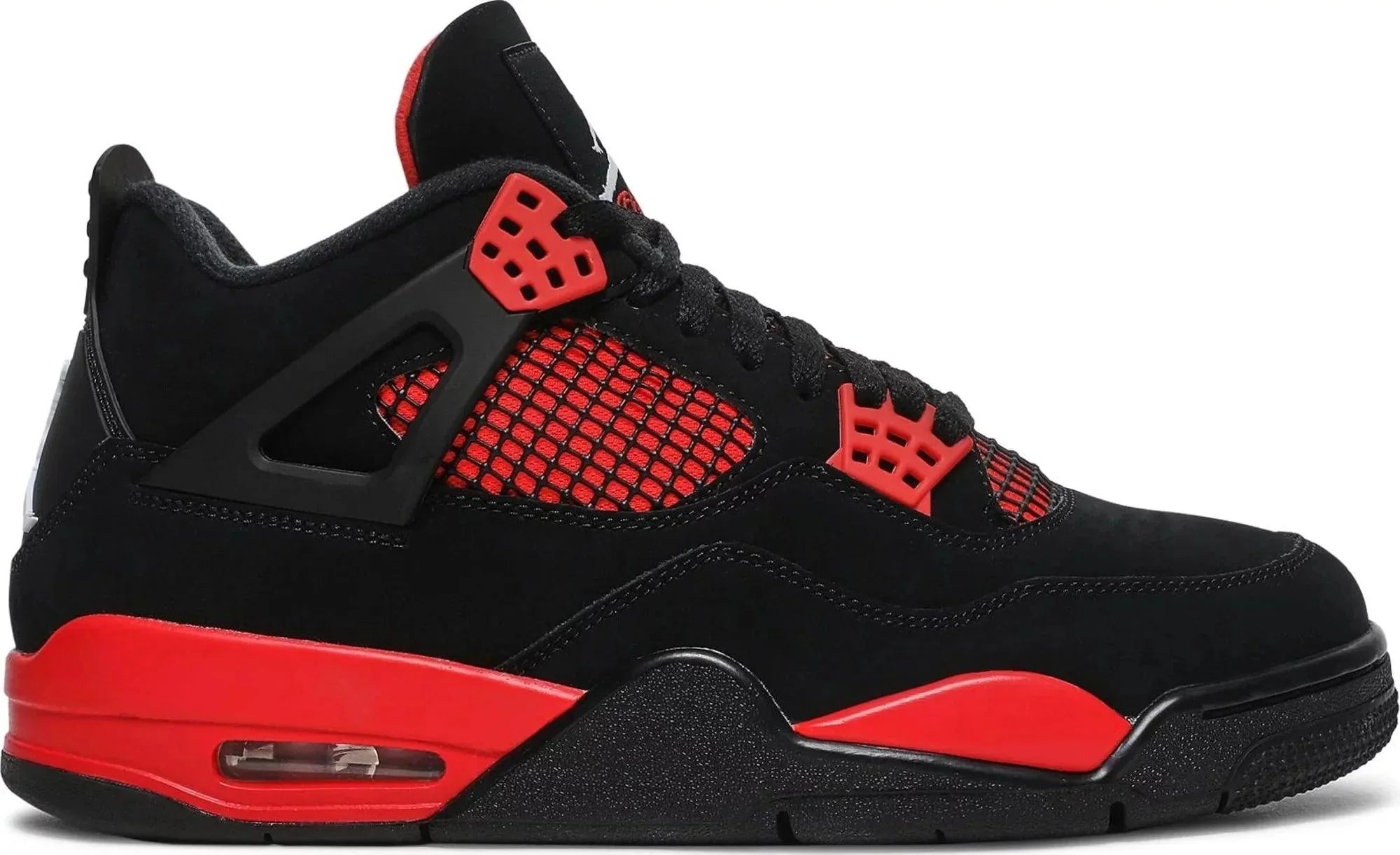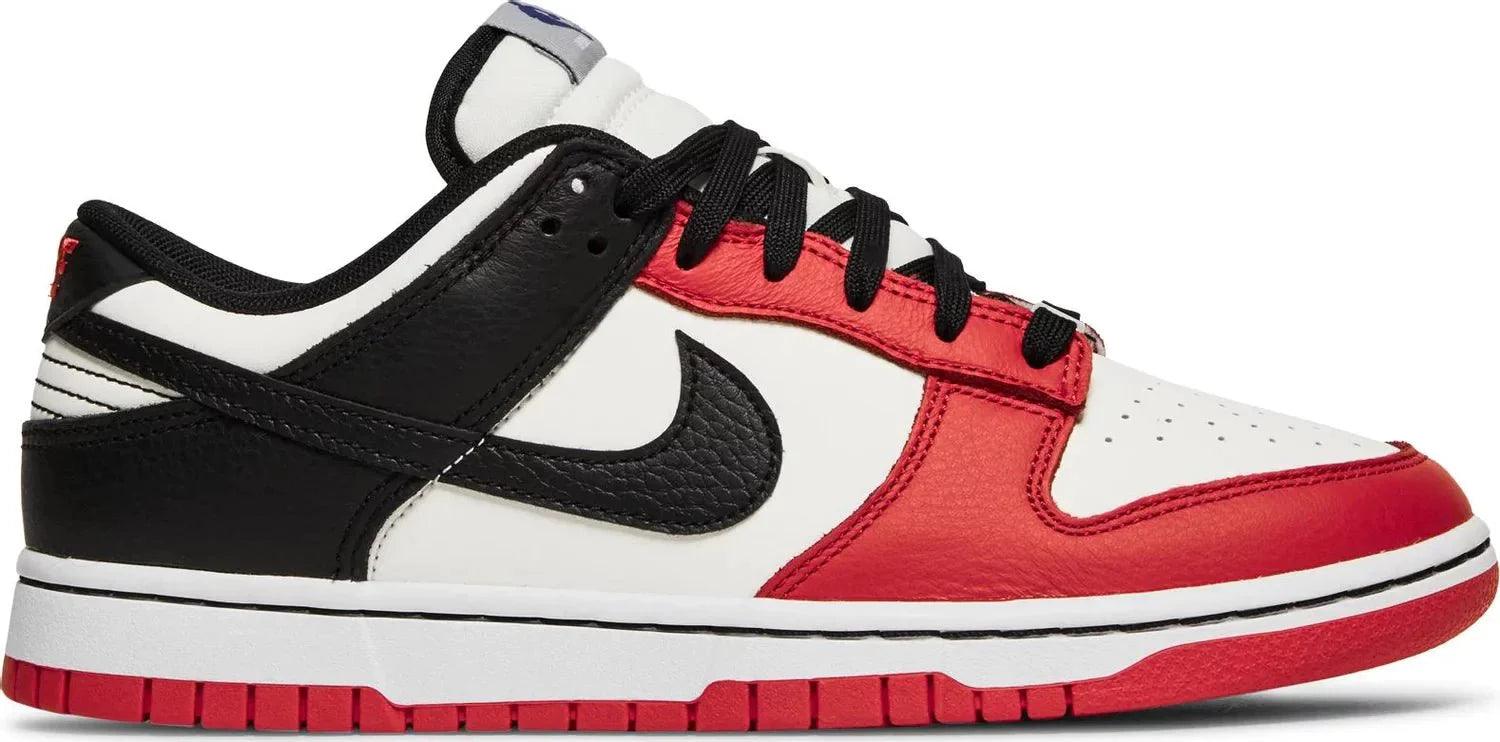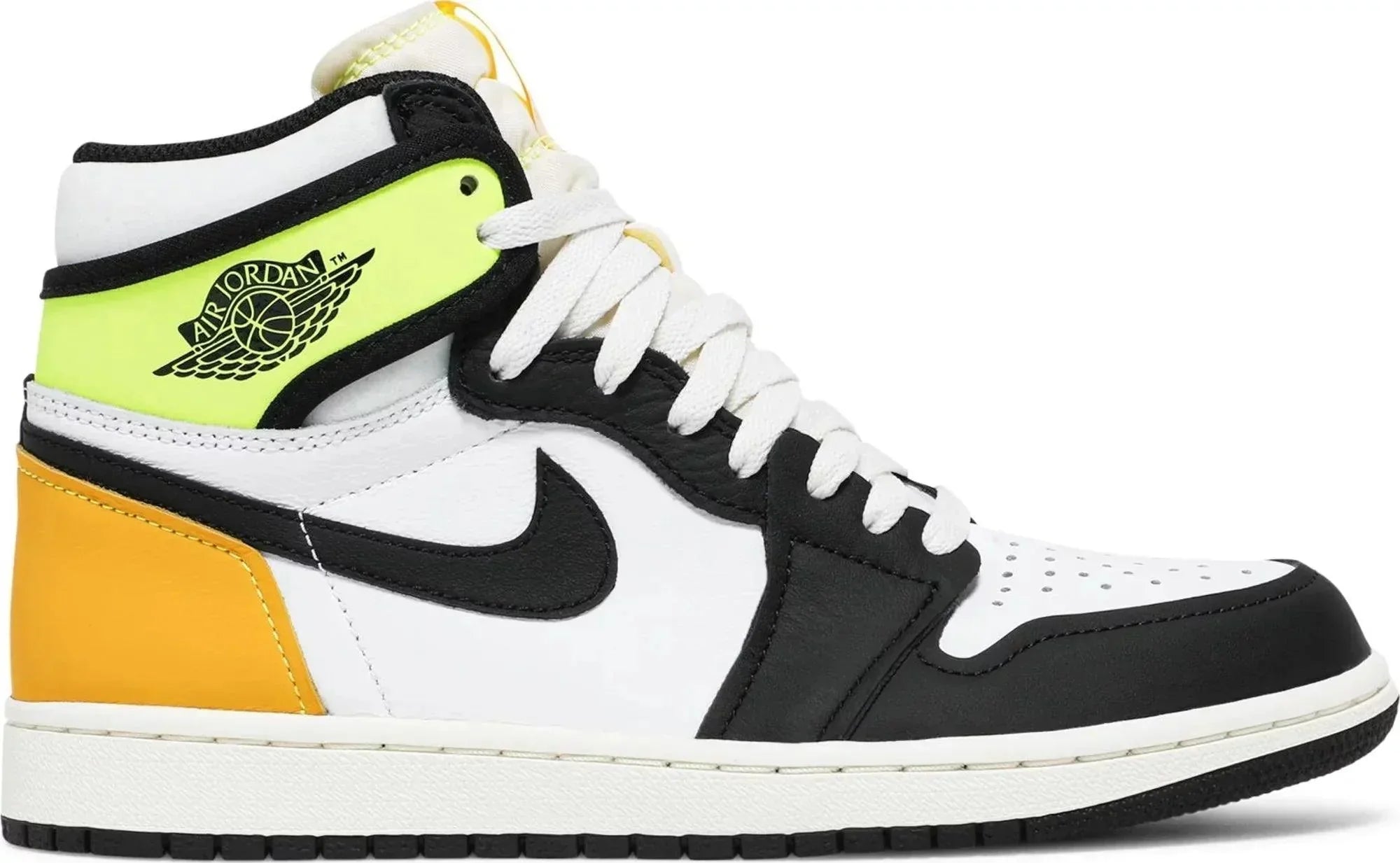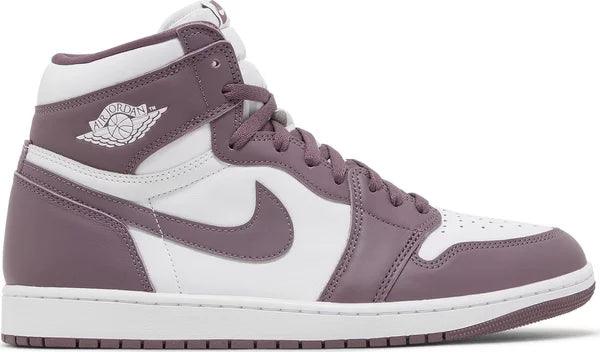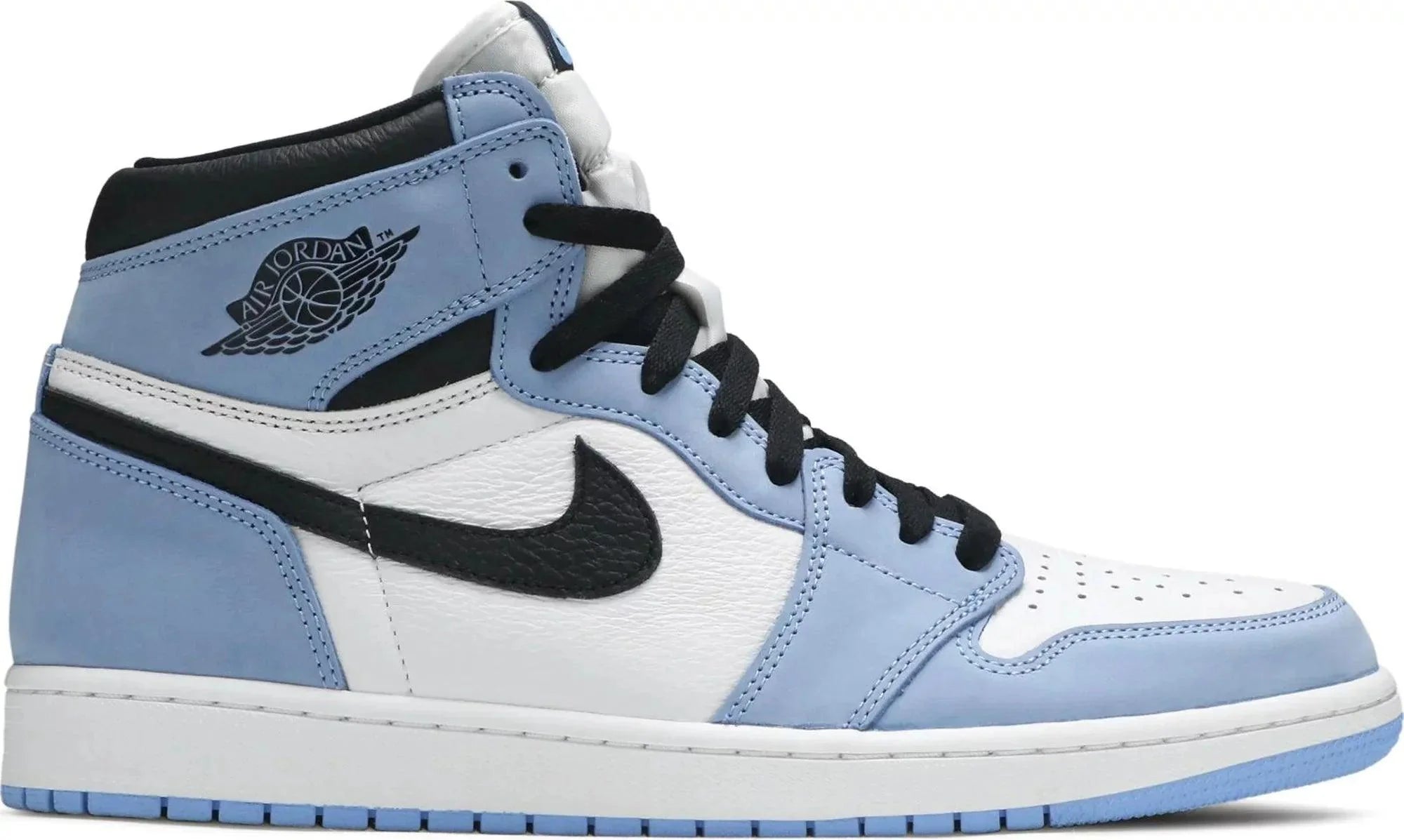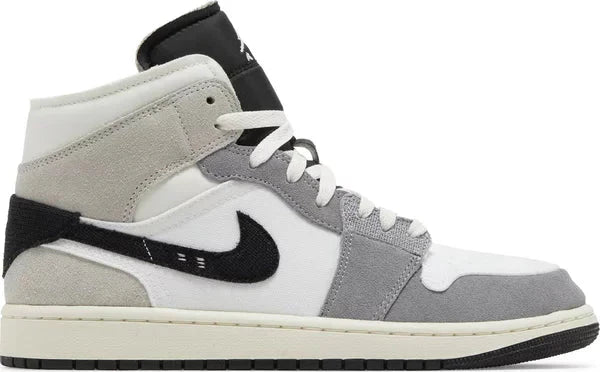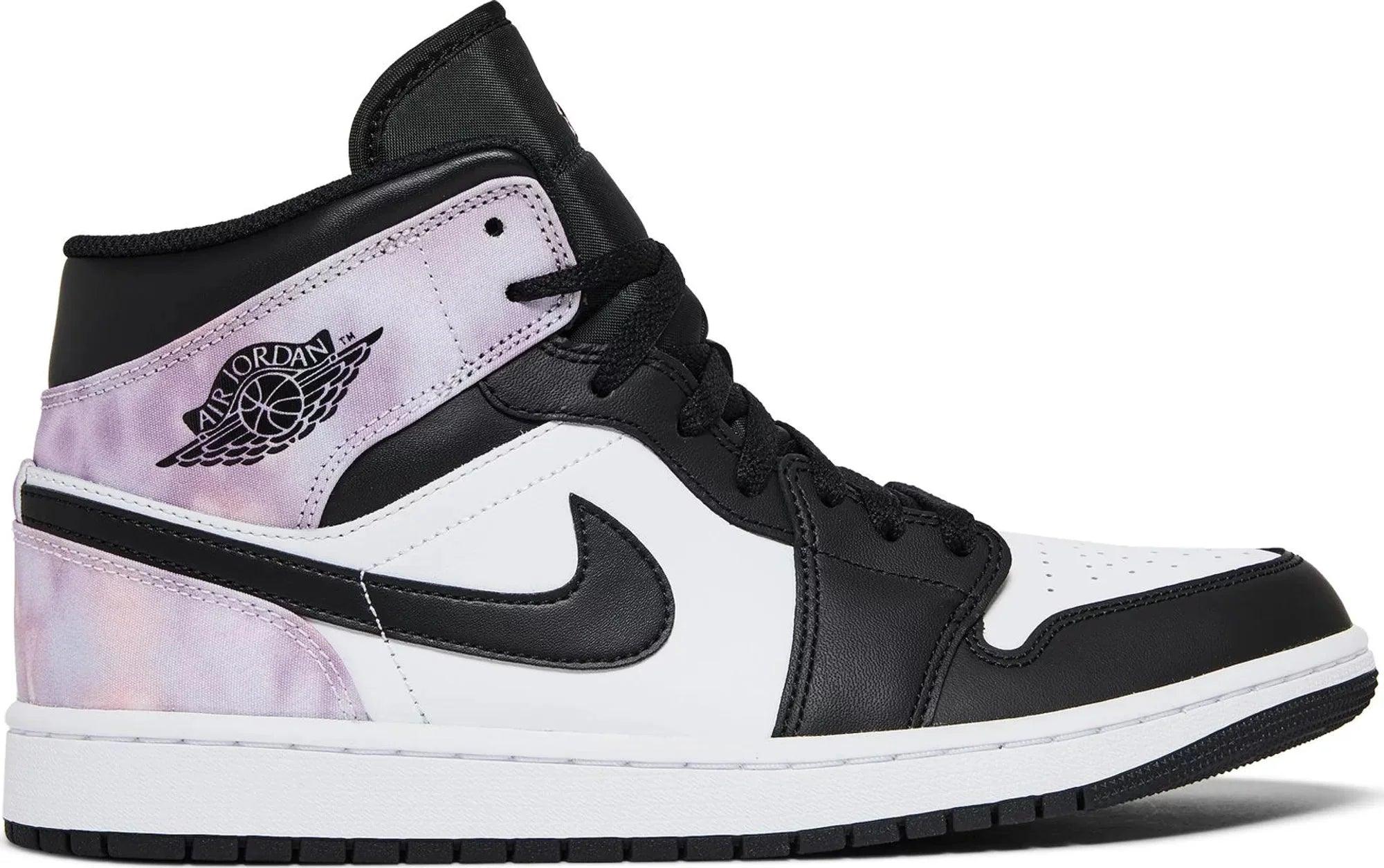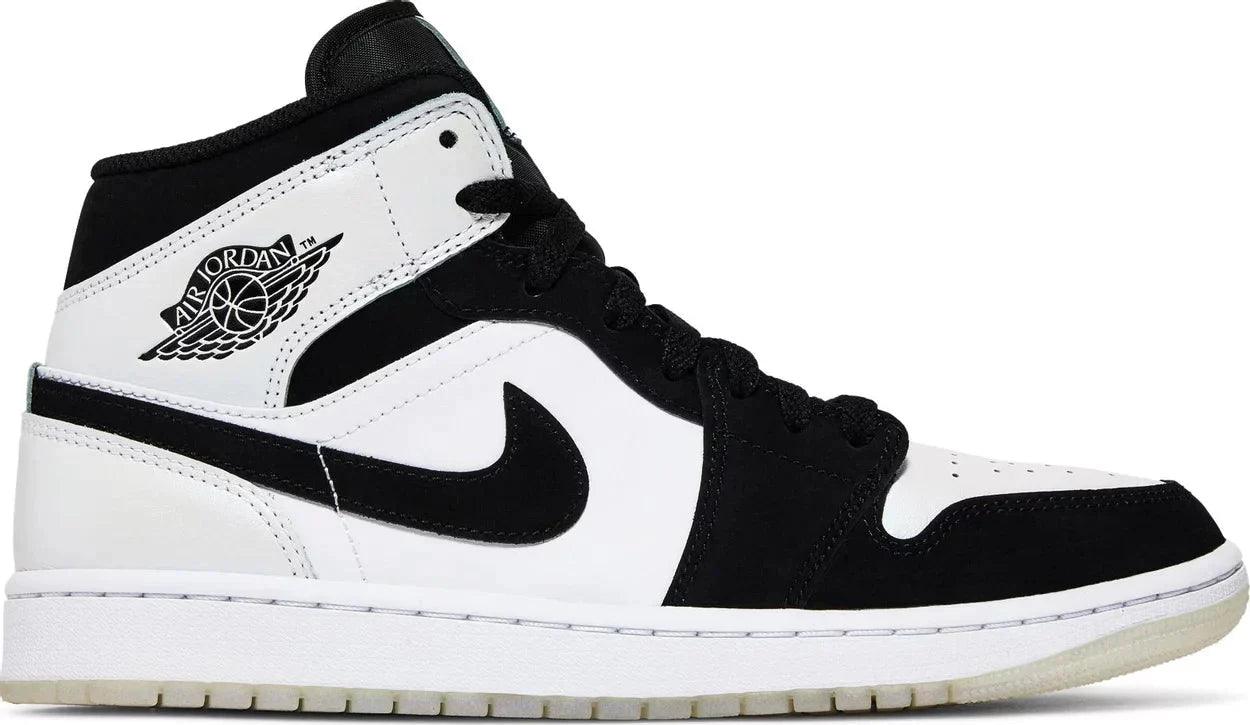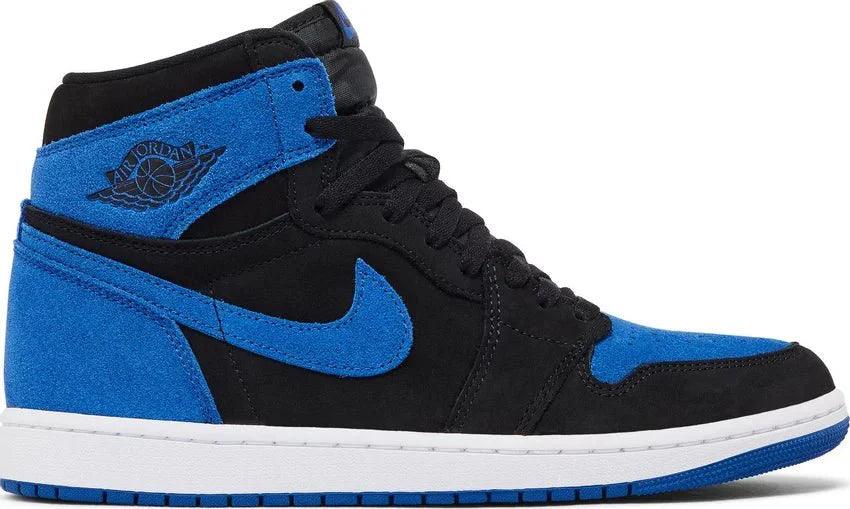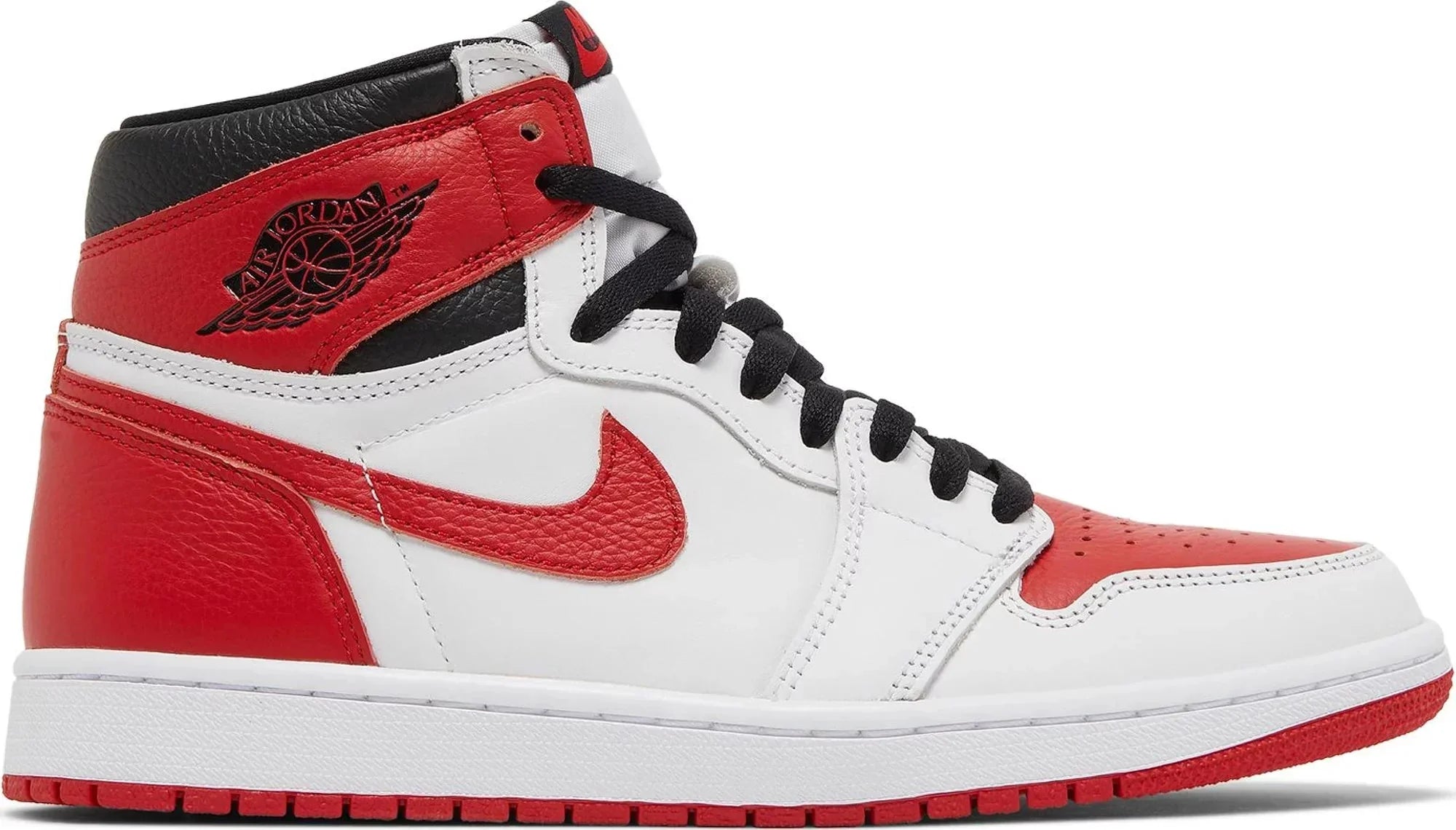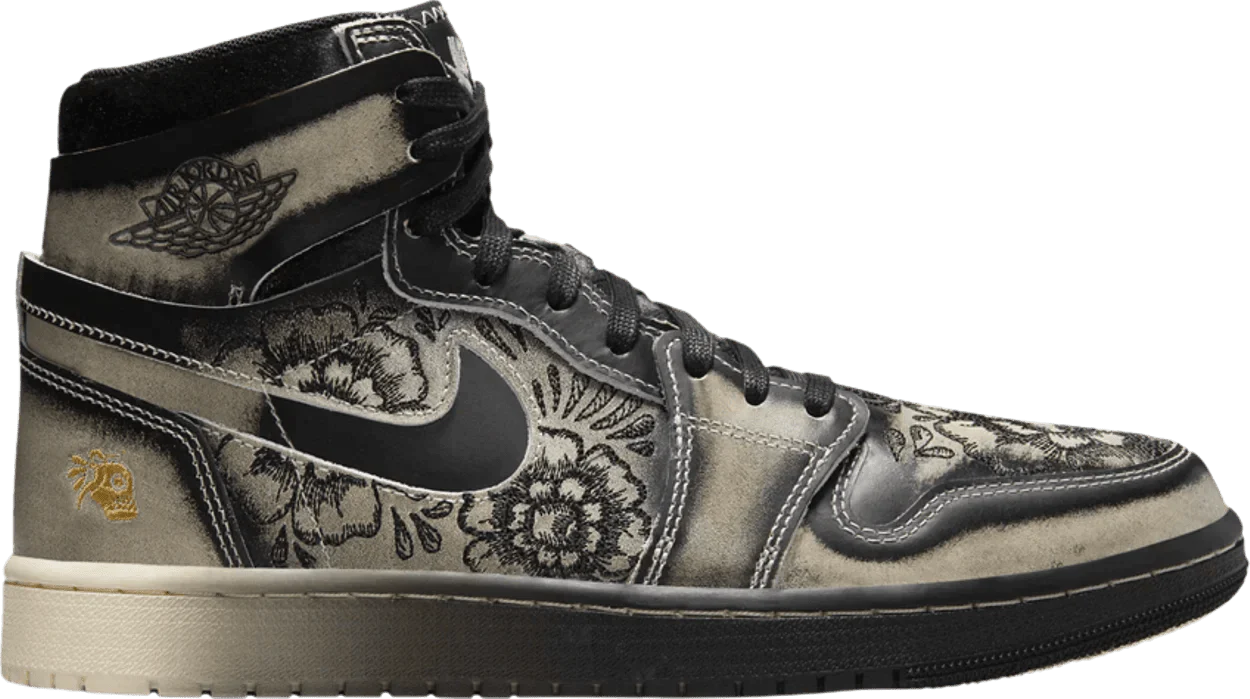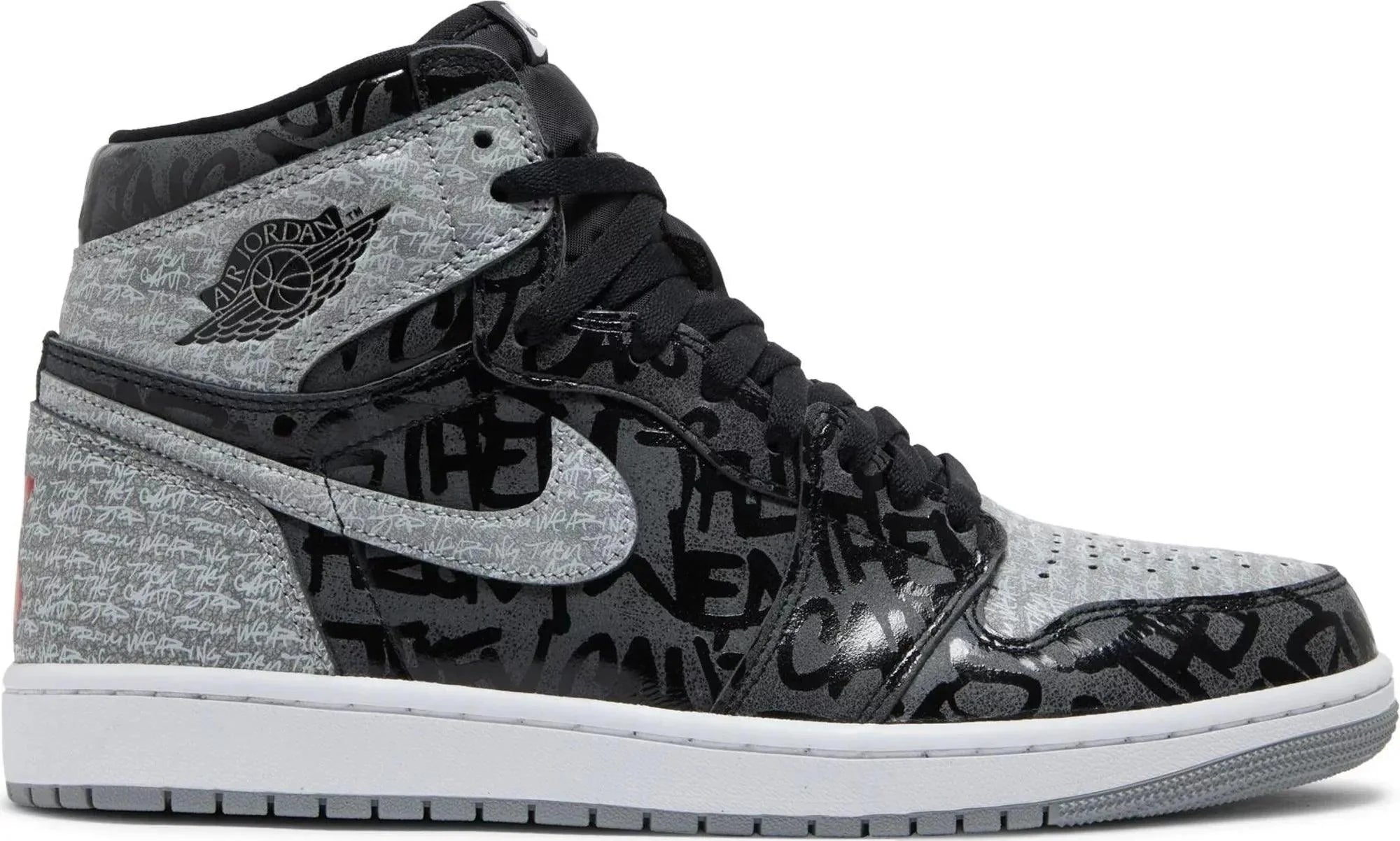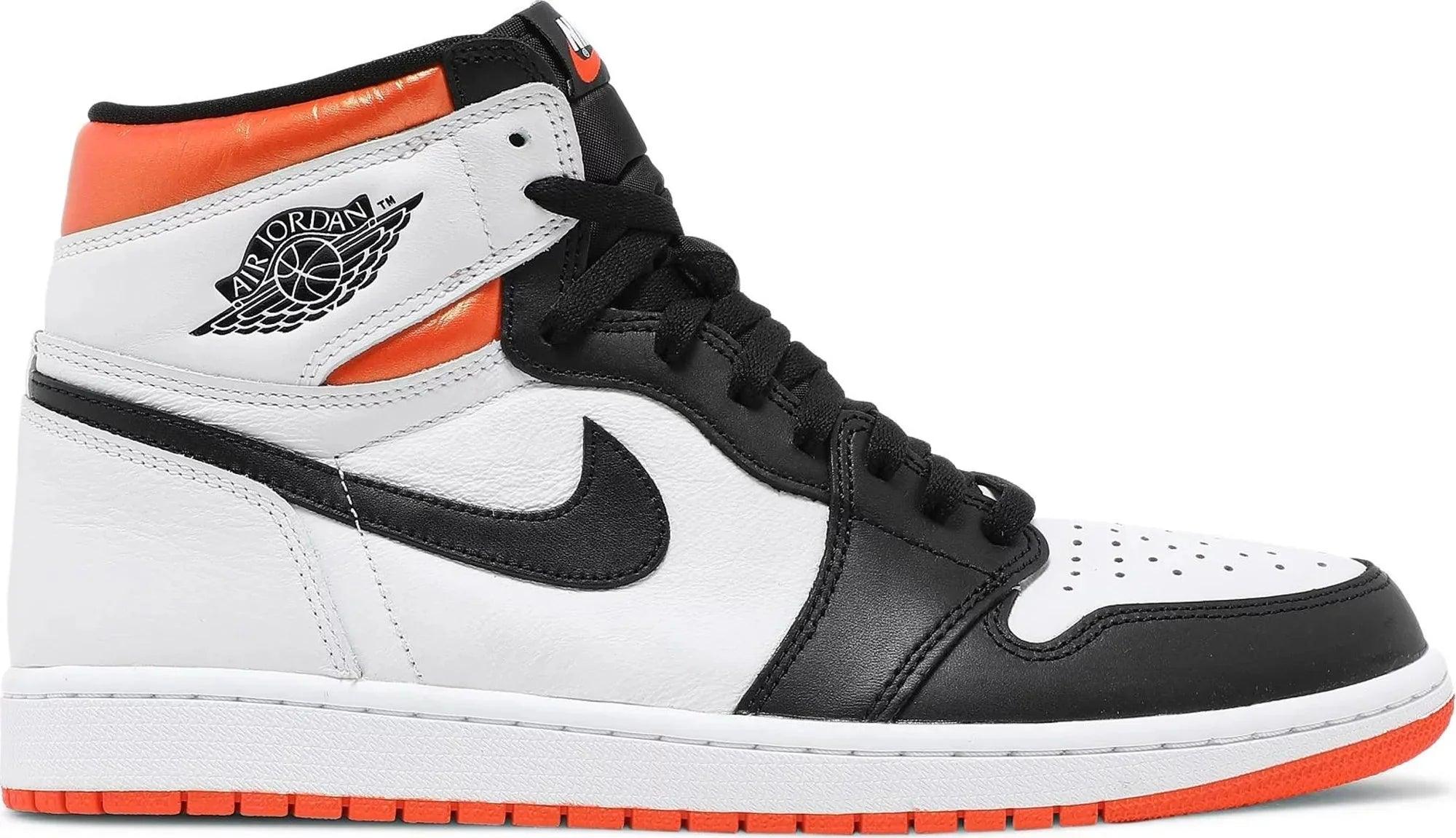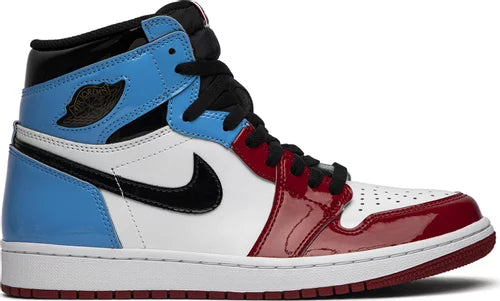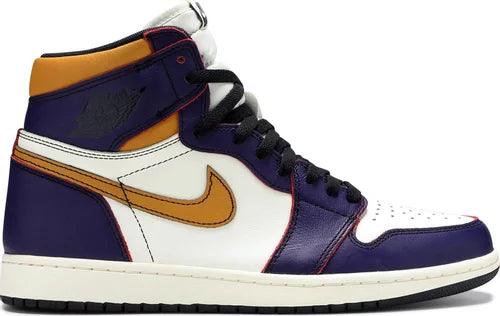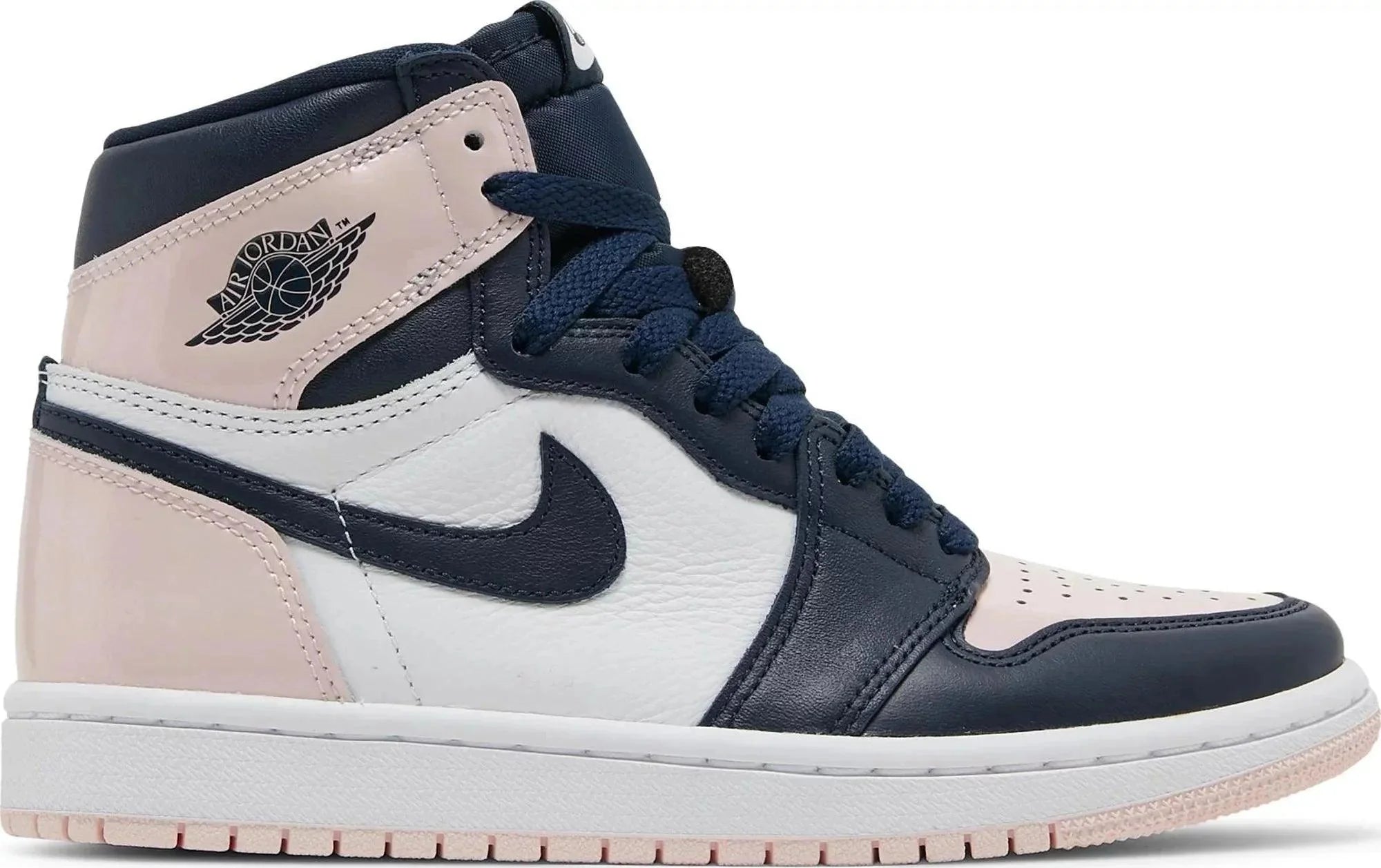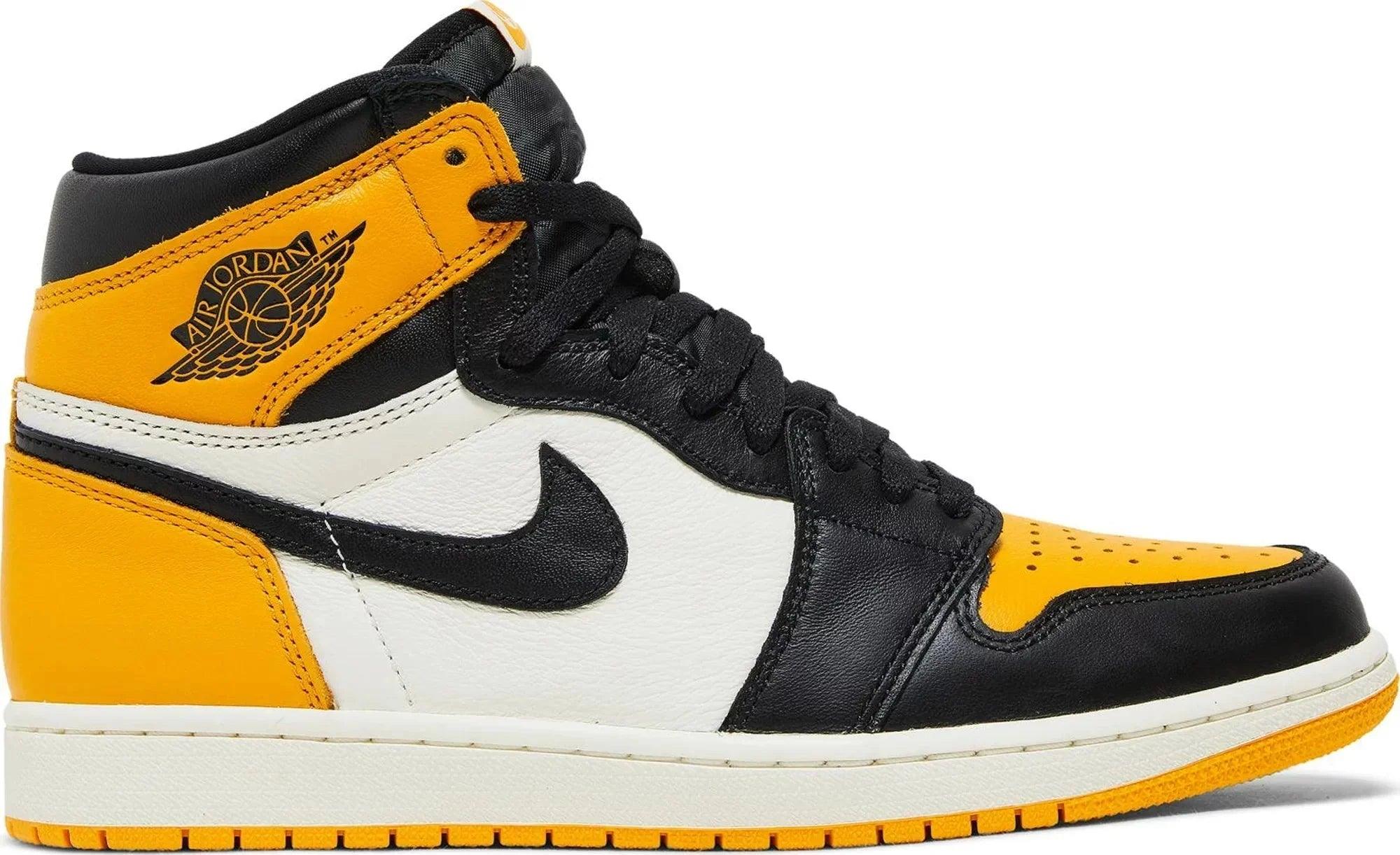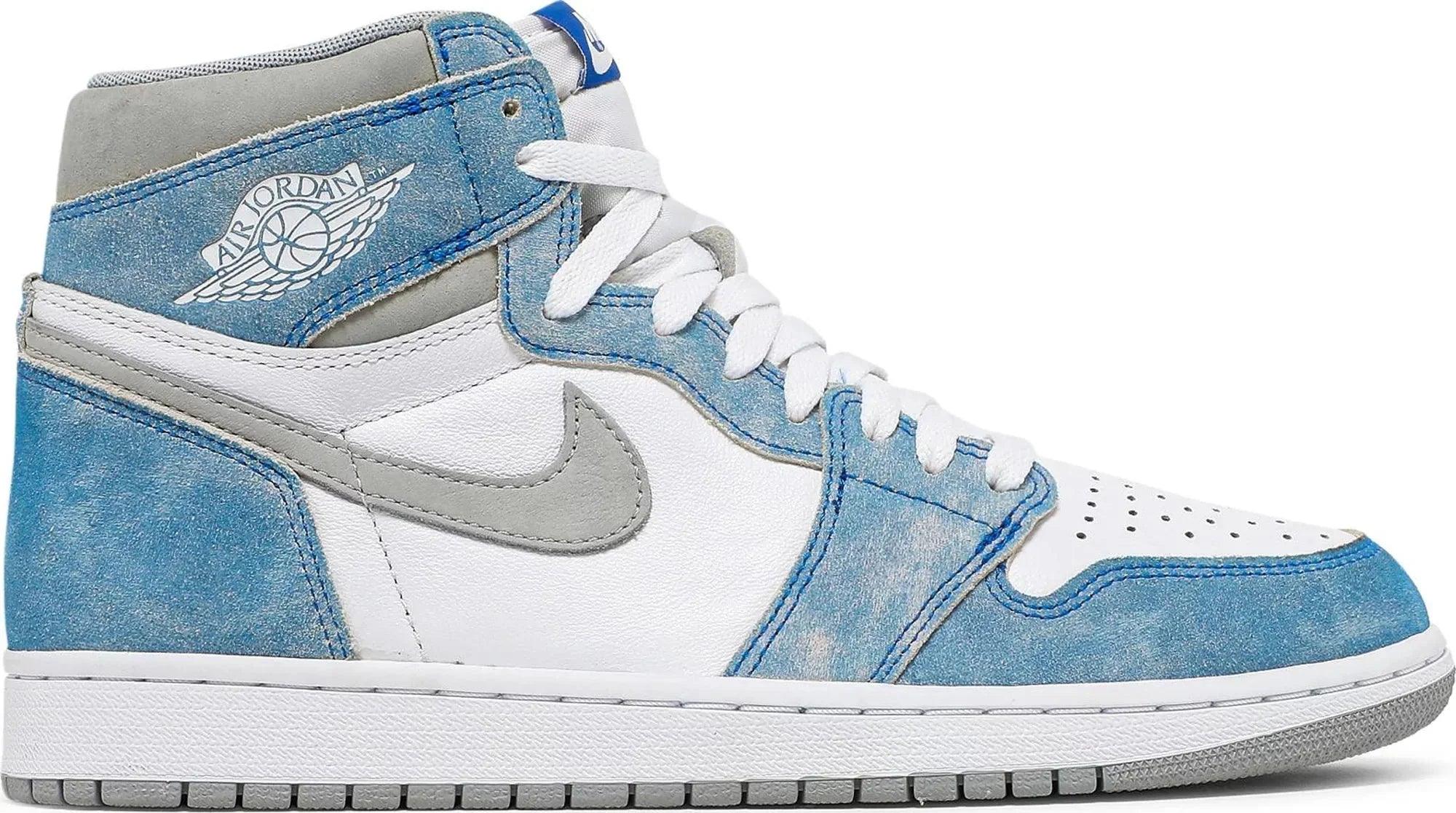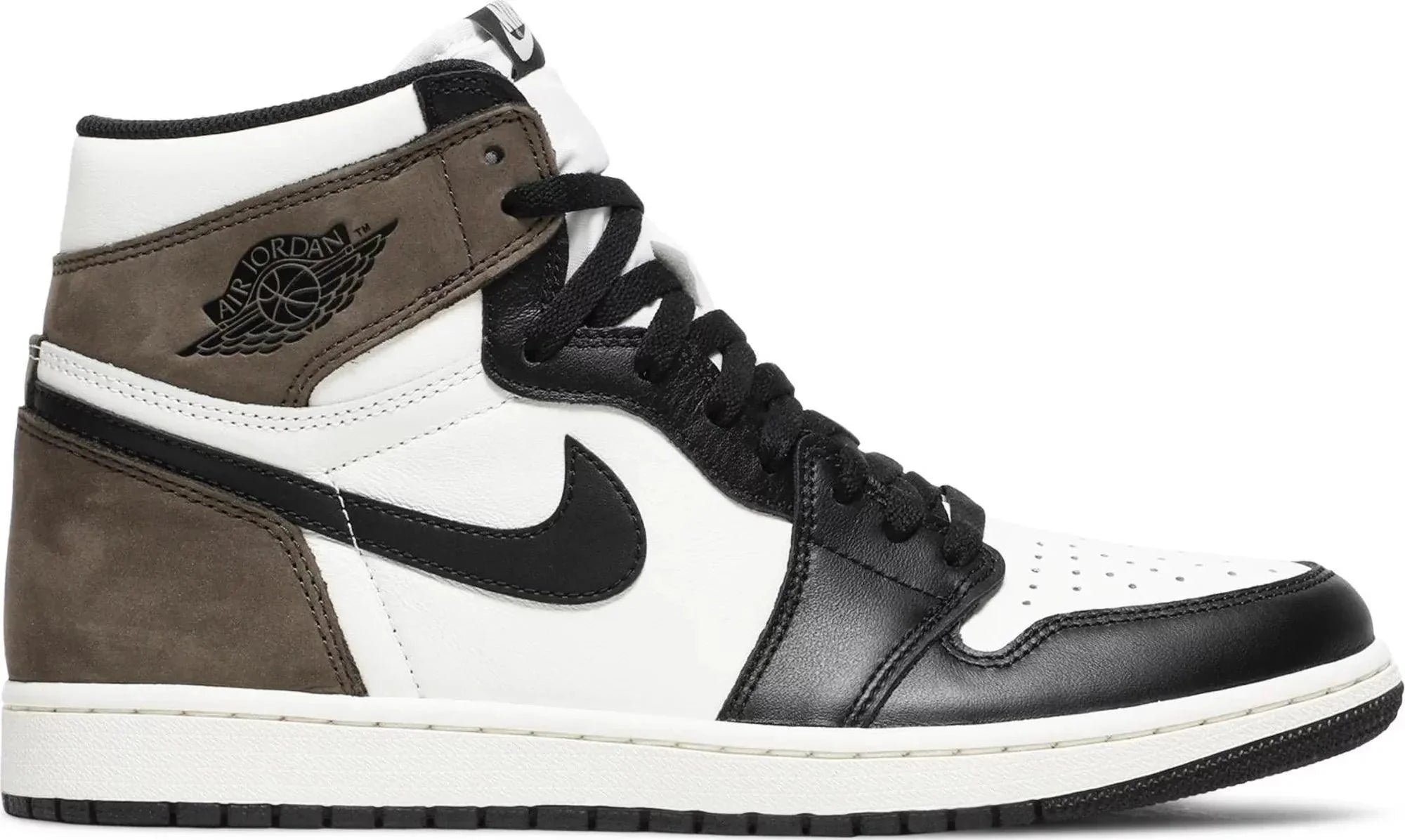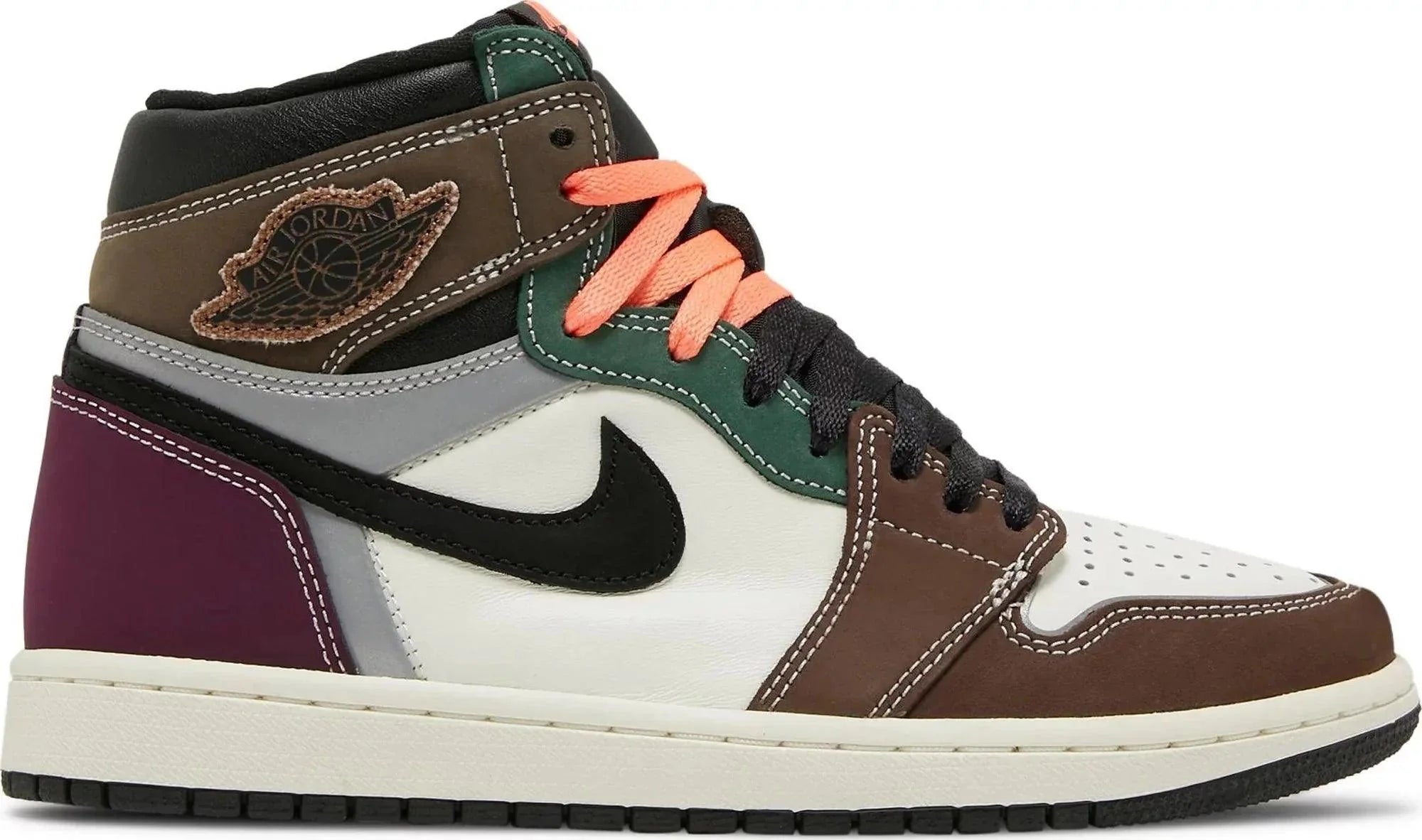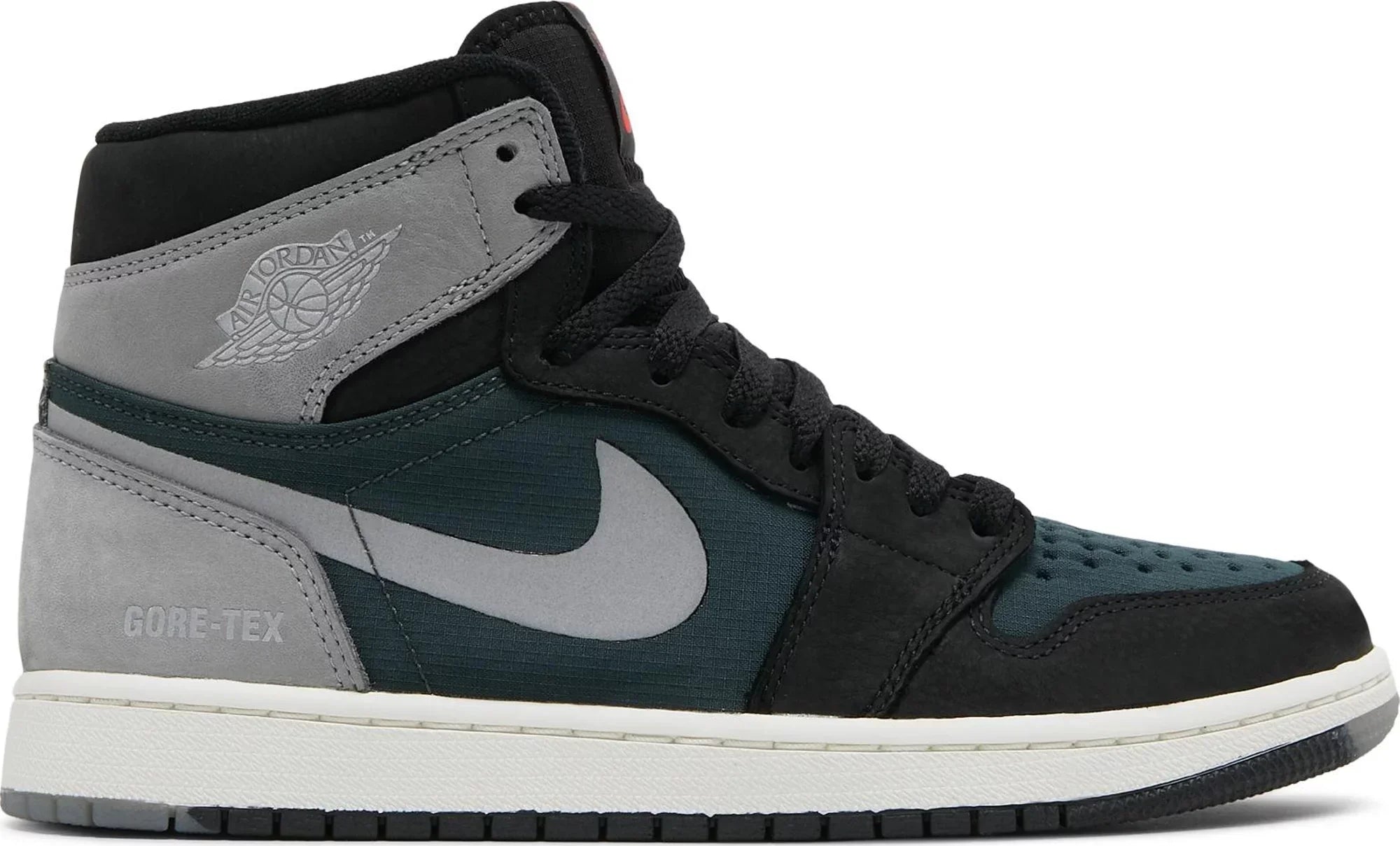- FESTIVE SEASON SALE
- HOMEGROWN: SPECIAL PRICES
-
APPAREL
- SHOP ALL
-
BRANDS
- 3AM BREAKFAST
- BEARCARE
- BLACK SUITS YOU
- BOMAACHI
- CHNKS
- CROQUIS
- EPIC CLO
- ERODE
- EVEMEN
- EVRHOOD
- FAVORI
- FETTI
- FIERCE LONDON
- FLYAF
- GALLI
- GULLY LABS
- HAPPY SOCKS
- HELIOS
- HOUSE OF BRAHMA
- KISSR
- KNOTEAZY
- KNOTTY
- KOLORTHERAPI
- KREFLCT
- LOST EXIT
- LOVE LEGACY
- LUDIC
- LUMIÈRES
- MAISON DE FAUZDAR
- MAZE
- MD CUSTOMS
- MISSNG TILE
- NASO PROFUMI
- NATTY GARB
- ODD AFFAIR
- OUTDRIP
- PELIOS GOD OF EMOTIONS™
- RENEGADESS
- RESA
- RSF EYEWEAR
- RUSTLINES
- SHADYGATORS
- SNEAKER LAB
- SOCKSXPRESS
- STRANGE
- SUGGA
- THAELY
- THE KHWAAB
- THE SEA HORSE
- TOFFLE
- VINDOF
- WAKE YOUR DREAM
- YOUNG GRANDPA
- T-SHIRTS
- SHIRTS
- TOPS
- JERSEYS
- HOODIES
- JACKETS
- PANTS
- JEANS
- CARGOS
- DRESSES
-
SNEAKERS
- HYPEWEAR
- HOMEGROWN SNEAKERS
- HANDBAGS
- ACCESSORIES
- SNEAKER CARE
-
BRANDS
- 3AM BREAKFAST
- ADIDAS
- BEARCARE
- BLACK SUITS YOU
- BOMAACHI
- BROKEN PLANET
- CHNKS
- CROQUIS
- ERODE
- EPIC CLO
- EVEMEN
- EVRHOOD
- FAVORI
- FETTI
- FIERCE LONDON
- FLYAF
- GALLI
- GULLY LABS
- HAPPY SOCKS
- HELIOS
- HOKA
- HOUSE OF BRAHMA
- KISSR
- KNOTEAZY
- KNOTTY
- KOLORTHERAPI
- KRELFCT
- LOST EXIT
- LOVE LEGACY
- LUDIC
- LUMIÈRES
- MAISON DE FAUZDAR
- MAZE
- MD CUSTOMS
- MISSNG TILE
- NASO PROFUMI
- NATTY GARB
- NEW ERA
- NIKE
- ODD AFFAIR
- OUTDRIP
- PELIOS GOD OF EMOTIONS™
- RENEGADESS
- RESA
- RSF EYEWEAR
- RUSTLINES
- SHADYGATORS
- SNEAKER LAB
- SOCKSXPRESS
- STANLEY
- STRANGE
- STUSSY
- SUGGA
- THAELY
- THE KHWAAB
- THE SEA HORSE
- TOFFLE
- VINDOF
- WAKE YOUR DREAM
- YOUNG GRANDPA
- CONTACT


